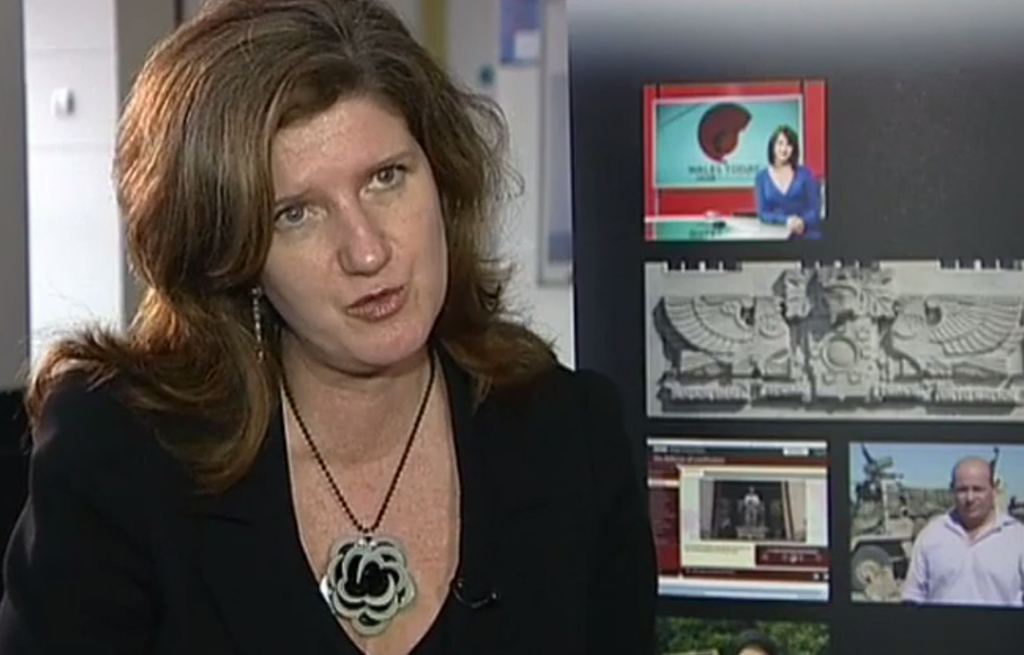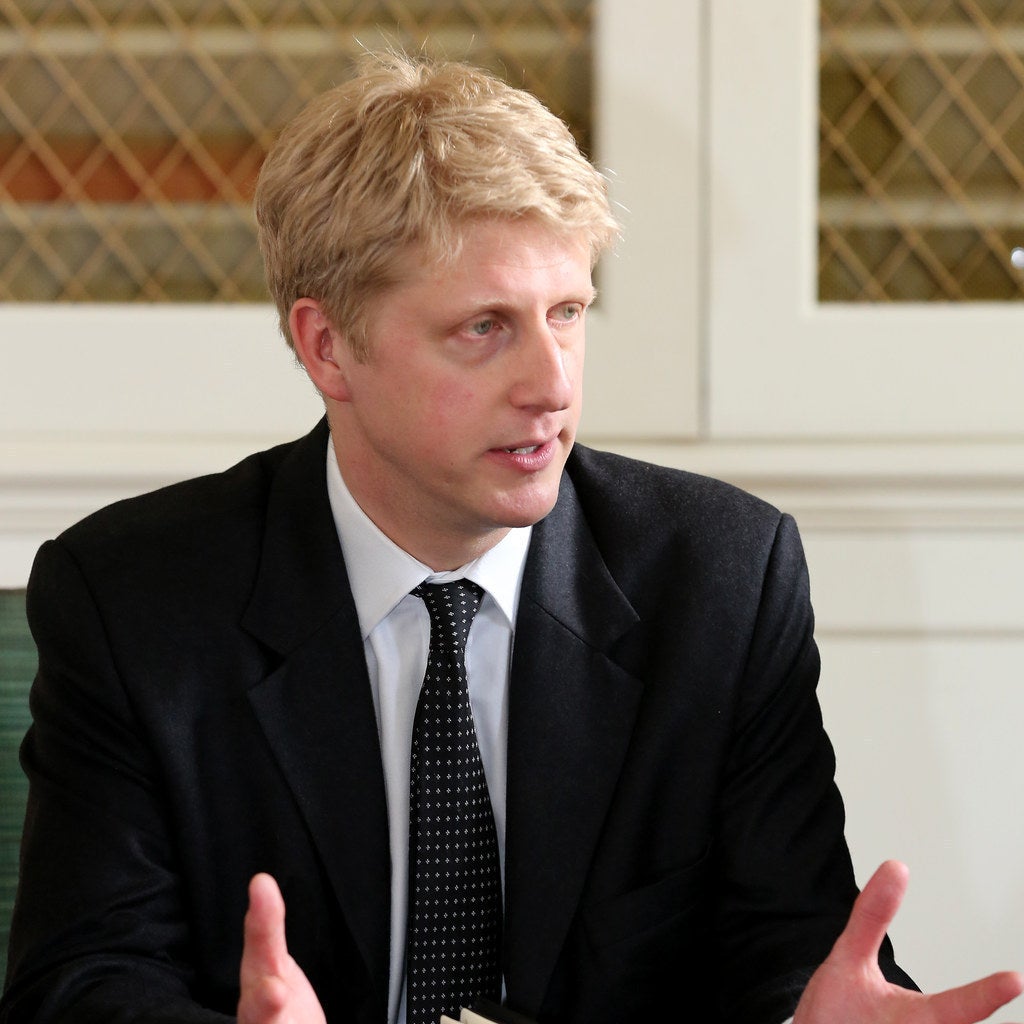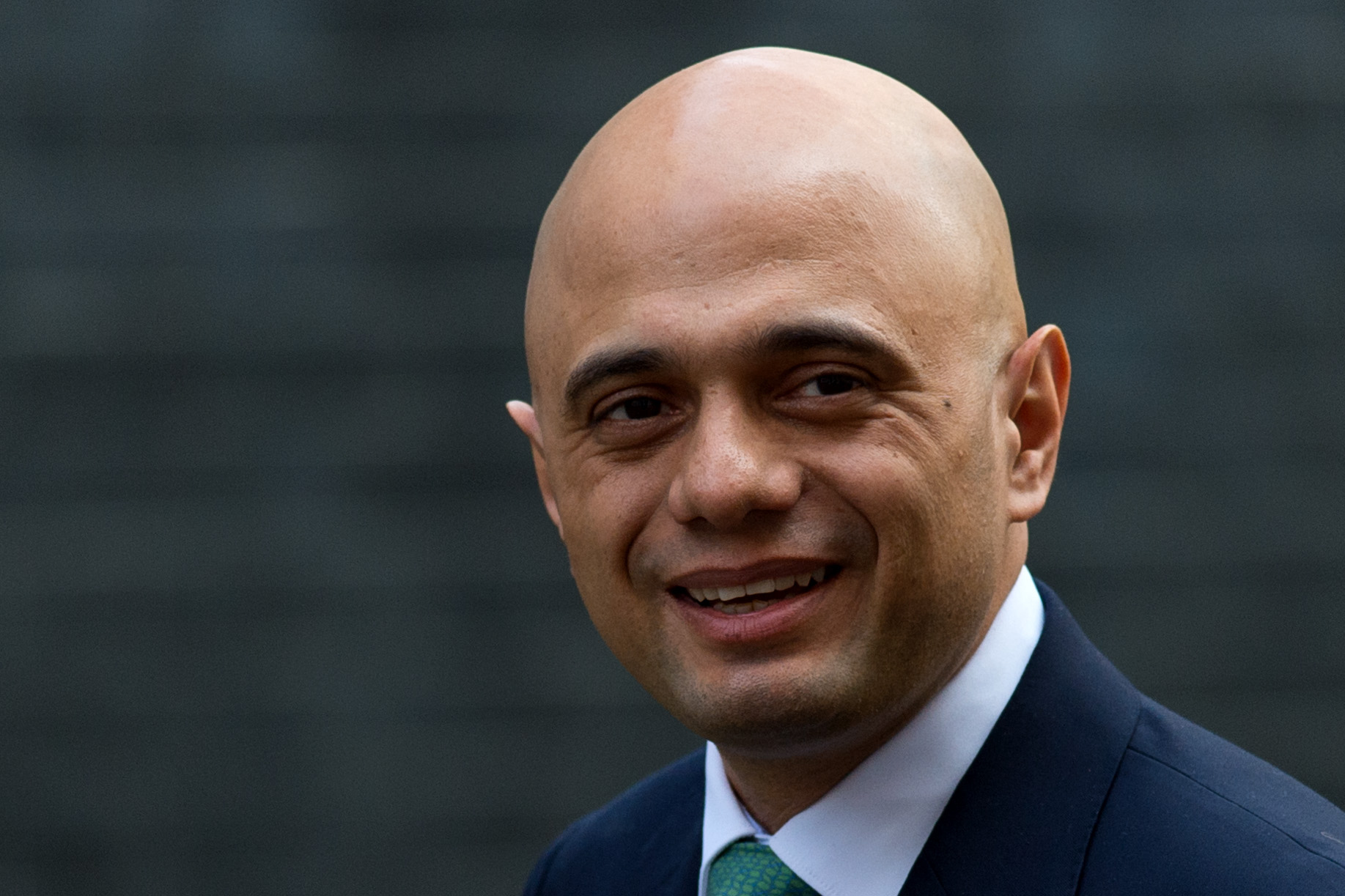
The government has been warned that scientists could be silenced by the unintended effects of a controversial "anti-lobbying" clause it plans to insert into its grant agreements.
Two science advocacy bodies have told BuzzFeed News they that they are concerned by the clause. Last week, Nicola Blackwood MP, chair of the Commons science and technology committee, sent a letter about it to the business secretary Sajid Javid. In it she said the committee was concerned the clause could make scientific researchers "reluctant" to present policy recommendations off the back of their work.
BuzzFeed News also understands that at least two scientific royal academies are lobbying the government behind the scenes with their concerns.
The clause, announced in February, is supposed to prohibit organisations – primarily charities – that receive grant funding from using this money to lobby government or parliament.
The government says it wants to make sure taxpayers' money isn't being diverted towards lobbying. Charities, for their part, have told BuzzFeed News that it is an ideological attack on a problem that "doesn't exist", and that value for money will be lost if charities are fearful of offering their expertise to government.
The intervention of MPs and experts means the issue of scientific research now seems certain to become a further sticking point.
Blackwood told BuzzFeed News: "There are some serious unintended consequences of the 'anti-lobbying' clause being inserted into new grant conditions for organisations receiving taxpayers' money. The application of science is essential in good policy making, and is central to the success of our economy and public services. Scientists must be able to make recommendations to Parliament and policy makers without fear of losing their funding."
Fiona Fox, chief executive of the Science Media Centre, told BuzzFeed News that while the effects of the clause may not be intentional, there was a real threat to scientists' willingness to share the results of their research.
Fox argued that though laws that restricted Canadian scientists' free speech had sparked a global protest three years ago, in Britain the situation was little different, though few had noticed.
She said she wouldn't be concerned by the policy if "[We] can depend on the government to champion and engage with scientists," but she said the historical evidence pointed to the contrary.
Fox cited the case of former government advisor Sir David Nutt, who in 2009 was fired for "campaigning" against government drug policy. Fox said that Nutt was "publishing in peer reviewed journals, and speaking – this was picked up by the media. He wasn't a campaigner [at the time he was fired]."
She said the clause could have a "chilling" effect on the scientific community and make it harder for scientists to flag up questionable government policies. "If you're researching into the badger cull... and the government is out there saying it's the right policy, you probably don't want to say [the opposite]," Fox said.
She pointed out that certain medical experiments require law changes for successful genetic experiments to be used by clinicians, but religious groups who might be opposed to them could argue they shouldn't lobby for it to happen if they were in receipt of grant funding.

Dr Sarah Main, the director of the Campaign for Science and Engineering, said: "Some people think it's a storm in a teacup and are confident it'll get solved, but now it's happened it's difficult." She said she hoped the science minister Jo Johnson would give an exemption to scientific bodies receiving grants from the department of Business, Innovation and Skills, but pointed out that there was another £5 billion worth of research being funded by government that could be affected. "I'd like any solution to be simple and applied across government."
Main questioned the evidence behind the policy and told BuzzFeed News that she'd been told "behind the scenes" that there was no known problem with scientific organisations using grant money to lobby, but said the clause could cause the scientific community to become "overcautious" and that the effects, unexpected by ministers and civil servants, could have "Broad effects on scientists talking in a public environment."
She added: "It seems outrageous that a government department can make a change that affects all of parliament – and even [representations] to the European Parliament." She said it could also have a serious impact on "the reputation of [chancellor] George Osborne as a champion of science and engineering."


(Left) Jo Johnson and (Right) Dr Sarah Main.
Karl Wilding, policy director at the National Council for Voluntary Organisations, which represents charities, said: "Ms Blackwood raises very important points. It's not clear at the moment whether or how charities, or researchers funded by grants, will be able to provide evidence to parliamentary committees such as hers."
He added: "It's quite clearly in everyone's interests that MPs have the benefit of all the available evidence and knowledge on an issue when they're making decisions about it. The government needs to find a way to reassure charities and researchers that they won't be penalised for simply trying to inform public debate."
Wilding has previously voiced his frustration that the idea came from the Institute of Economic Affairs (IEA), telling BuzzFeed News that ministers were "simply implementing an ideological attack from a think tank that won't itself reveal who is funding it".
Civil Society reported this week that the IEA is being investigated by the Charity Commission after receiving a complaint that despite being a registered charity, it does not appear to be carrying out any charitable activity.

A spokesperson for the IEA said: "As a small organisation, we try to take every opportunity to impact public debate through reaching policymakers, opinion-formers, academics, students and the wider public. We however do this without a penny of taxpayers' money."
They went on to say that "charities are misinterpreting - wilfully or otherwise - the changes to government grants, claiming that the new clause will 'prohibit organisations in receipt of grant funding from influencing government or parliament'." They added: "This is simply not true."
They concluded: "It is telling that the third sector's trade associations have chosen to attack a straw man version of the government's proposals rather than defend state-funded activism directly. Perhaps they are worried that the general public agrees with [Cabinet Office minister] Matthew Hancock about 'the farce of government lobbying government.'"
A Cabinet Office spokesperson said: "The new clause in government grants makes sure that taxpayers' money is not diverted from their intended purpose and wasted on political campaigning and political lobbying.
"As indicated at the House of Lords Science Technology Committee, BIS and Cabinet Office are looking into how this new clause will apply to academic research."

